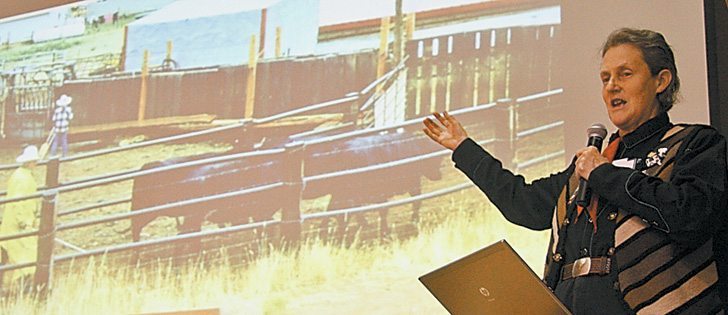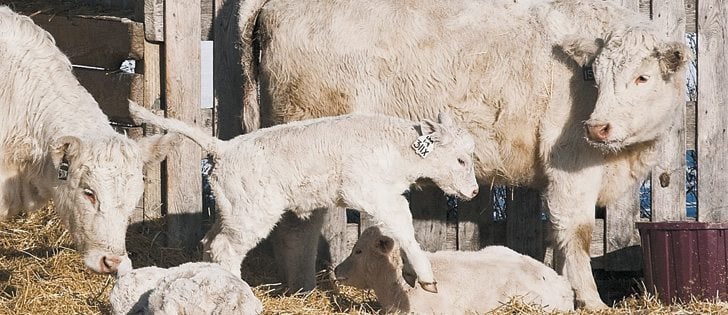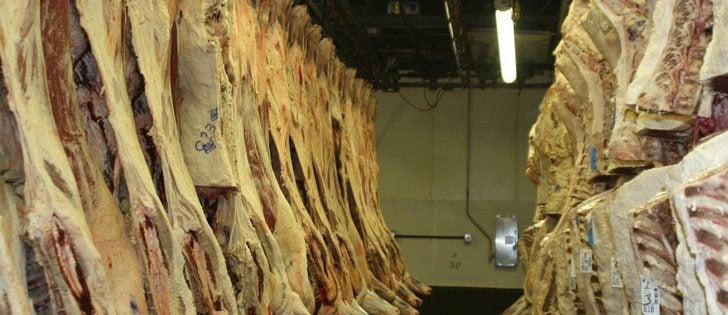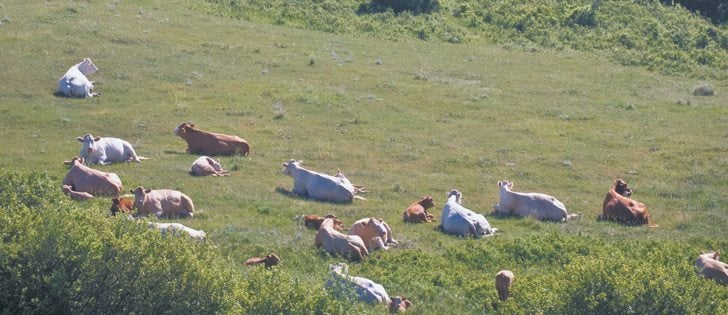In January 2011, the second largest grocery store chain in Australia began selling only beef produced without the use of administered growth hormones.
The decision by Coles Supermarkets, which has more than 740 stores, came as a shock and an insult to Australian cattle producer associations, which called it a threat to the country’s $7.6 billion beef industry.
Leaders of the Cattle Council of Australia and Meat and Livestock Australia criticized Coles’ decision as anti-science because there is no evidence suggesting beef produced with administered growth hormones is a health risk to humans.
Read Also
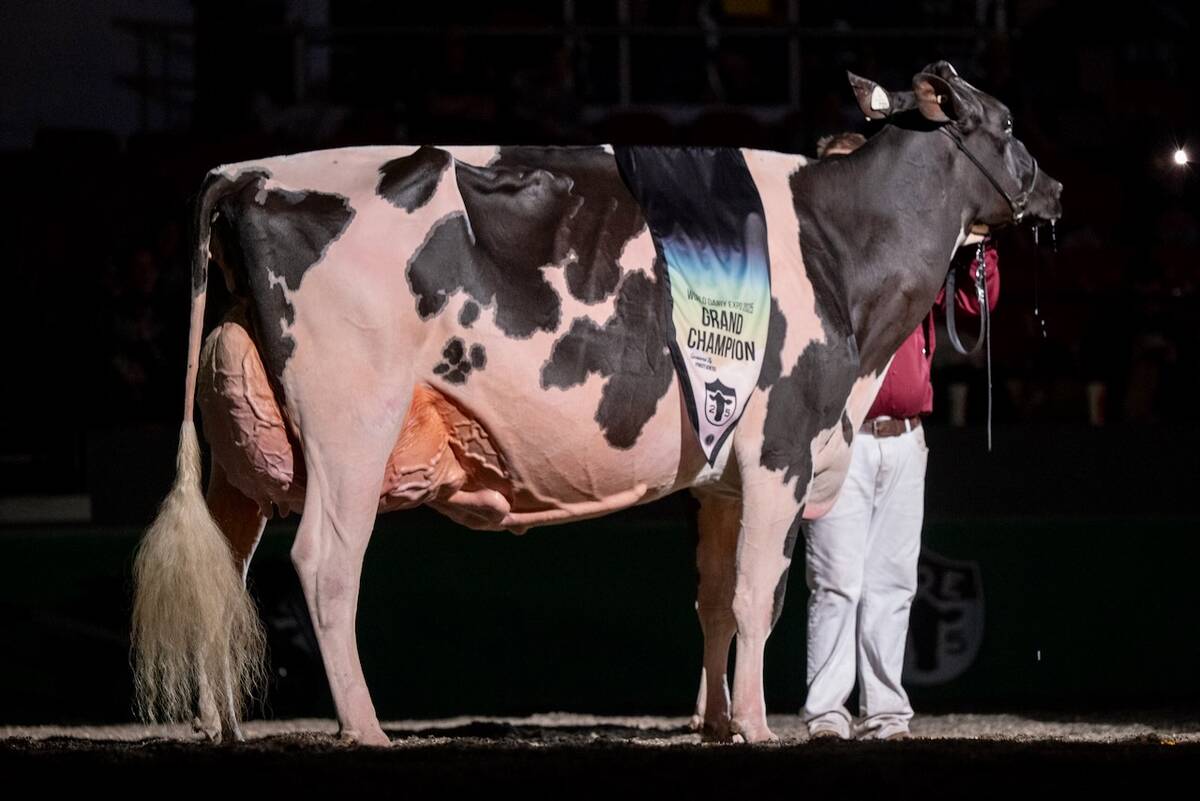
Canadian-bred cow wins World Dairy Expo Holstein show
A cow bred in Saskatchewan, Lovhill Sidekick Kandy Cane, is the Grand Champion Holstein at the 2025 World Dairy Expo.
Meat and Livestock Australia said Coles’ decision could frighten consumers into thinking beef from cattle raised with implanted growth hormones was unsafe. It also said the decision would have consequences for Australia’s environment because the country’s cattle herd would have to expand by two million head to produce the same amount of beef. About 40 percent of the Australian cattle herd is treated with a hormone growth promotant (HGP).
In its defence, Coles said the decision wasn’t related to safety concerns about growth hormones. Rather, the company concluded that beef with no added hormones tastes better and it wanted to offer a superior product to its customers.
“Beef with no added hormones is shown to be more tender,” celebrity chef Curtis Stone said in Coles’ news release. “Meat Standards Australia’s grading system shows that meat quality is significantly better without the use of HGPs.”
Coles hired Stone to pitch its “no added hormones” campaign to Australian consumers, and the company has produced television commercials to promote its beef. Coles did not respond to e-mails that asked how its no hormone campaign has affected beef sales at its supermarkets.
But Naren Sivasailam, senior analyst with the research firm IBISWorld, said Coles is taking advantage of booming demand for organic and natural products in Australia.
“Globally, the organic food market is estimated to be growing by around 10 percent per annum, while that figure is around 20 percent to 45 percent within Australia,” he said.
A lack of sales statistics makes it hard to assess whether Coles is selling more beef, but Sivasailam said Australian consumers have responded positively to the decision because health and nutrition are dominant factors when it comes to food choices in that country.
Woolworths, Coles’ chief rival in the Australian grocery store market, continues to sell beef produced with added growth hormones. Sivasailam said he will be waiting on the grocers’ annual reports to see who came out ahead in this battle over beef.




